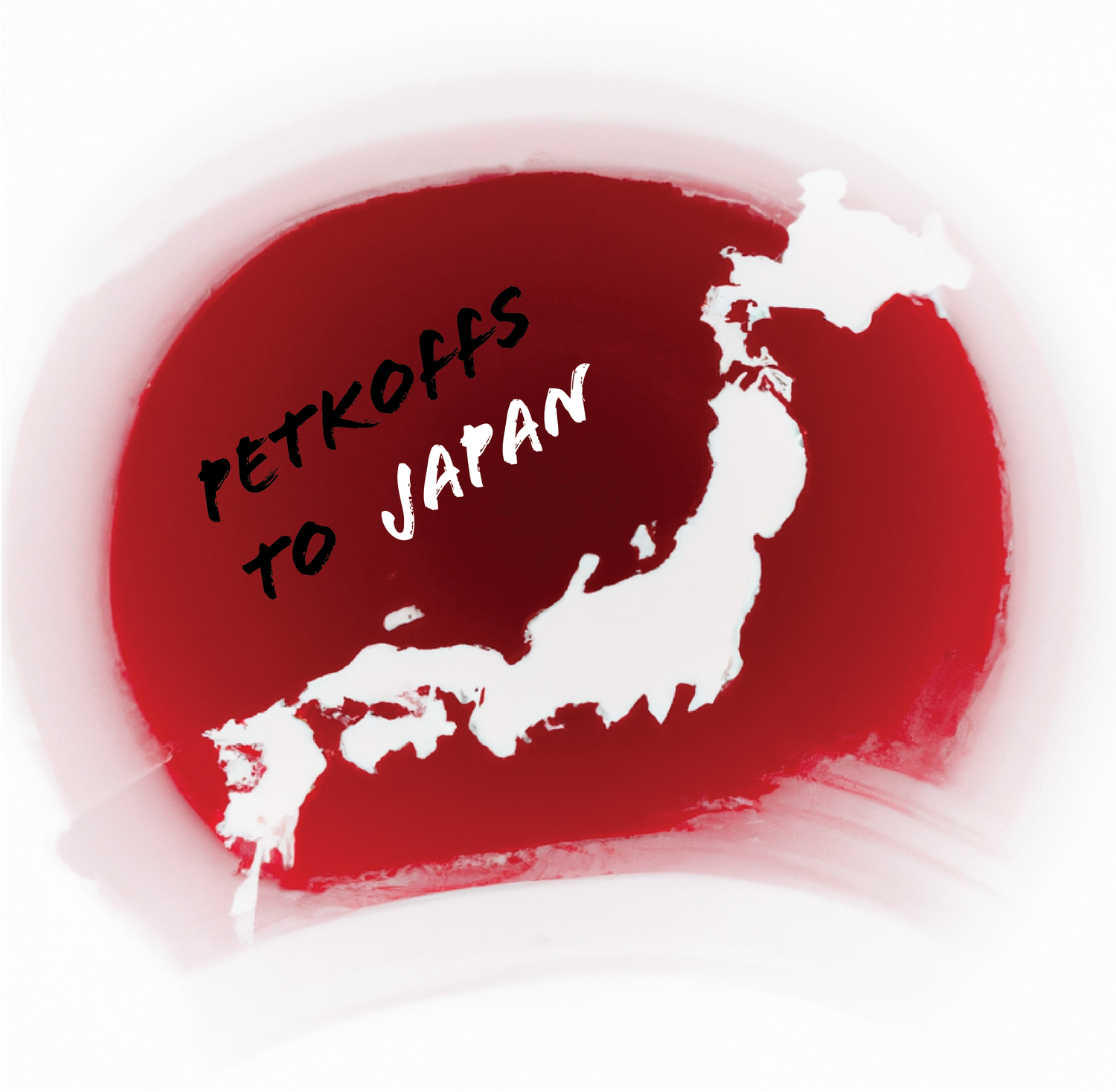Based in Rotterdam, Netherlands, (working in an old converted water tower!) Jesus.net is an organization that mainly excels at networking and implementing digital solutions to all sorts of humanitarian projects. The core group is probably only about 15ish people, but the number of other groups they are connected to has to easily bump them up to several thousands of individuals in all kinds of positions. In fact, one of those groups launched 'The Chosen' series, which takes stories out of the Bible and gives them high-production level treatment. It has been generally well received and the rights just got moved to the Jesus.net group. There is quite a lot that falls under the conference umbrella; it's called Jesus.net, and at the core, it provides networking and resources to non-profits and ministries. All that to say, this group has some momentum and is looking to do a lot of good, so if you have an interest in networking or maybe have something to contribute, it might be worth getting in touch. Click their logo below if you want to explore on your own.
Some of their work include:
A Miracle Every Day [+334K subscribers] is an encouraging daily message about life-inspired themes like dreams, doubts, struggles and wonders. Started in 2015 in French, currently the series is available in 18 different languages and distributed using the Salesforce platform.
The Codex: We offer free courses about the basics of Christian faith, plus a wide variety of courses on topics such as prayer, forgiveness, marriage and identity through CODEX, the online interactive learning platform [+109K profiles].
YouVersion: Yeah, that one.
My part mainly was to network and gauge the global field on interest in mental health ministry. Make no mistake: Japan is still our focus, both for this mental health care project and ministry as a whole, but that journey has been met with all kinds of hurdles (finances, skills, manpower, and the list goes on) which requires going outside our current bubbles to try and find more people who can meet those needs Japan has. This was the main purpose of going.
I found two things: Mental health, especially depression and anxiety, is widespread and is an epidemic in its own right. But I think many of us were aware of that already, right? What is worse though is that it is hugely impacting our pastors, missionaries, churches, and many non-profits trying to help others. Secondly: There was a huge interest in our small automated mental care program, but not only as a method to meet a need of and reach those who don't know Jesus, but it also became apparent that this tool is just as needed, if not more so, by those doing the reaching out!
In a few places of the world, some of the stigmas around mental health is starting to finally fade away. We can be more open about those kinds of struggles and find help, understanding, and often empathy. But even in those places, there exists another bubble where that stigma lingers, and I think that is often found in Christian circles. Just like we often reply with the perpetual "I'm good, how are you?" when greeted on a Sunday morning, hiding behind that "life must be good because I'm a believer and need to be perfect" mask, we do the same for our mental well-being: fake it. So it doesn't come as a surprise that a way of getting help and recovery for such struggles in a no-risk, no-judgment, and anonymous way would be extremely popular! Japan is no different. This is a culture where people need to be 'put-together’ and personal struggles need to stay in the dark, never seeing the light, until it crushes them.
So hopefully, as our ministry grows and we find the resources and help we need, these mental care models can be shared with and adapted to any culture or setting that calls for it.
Of course we need to complete it first!










